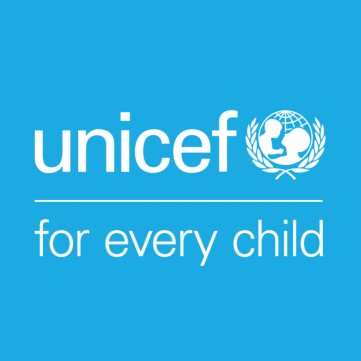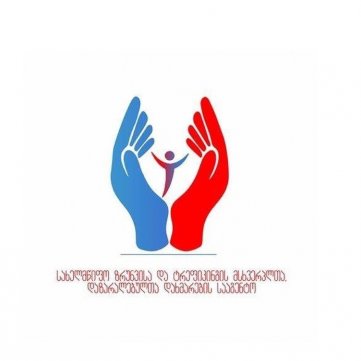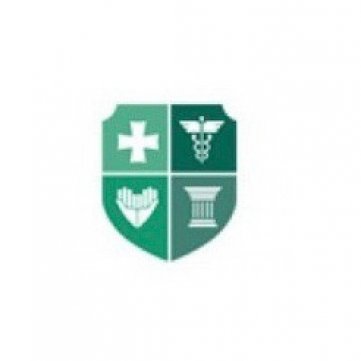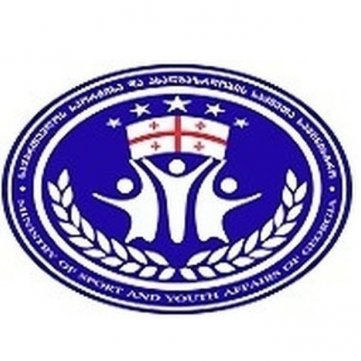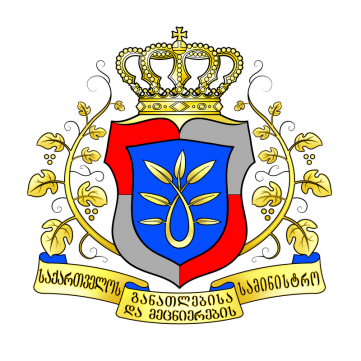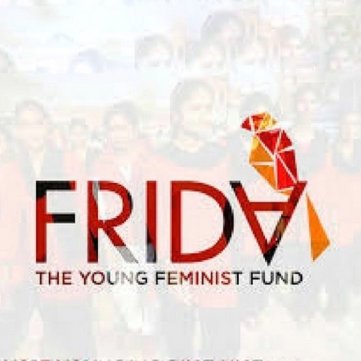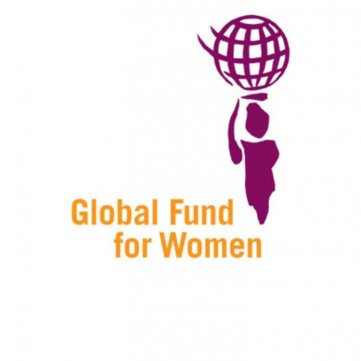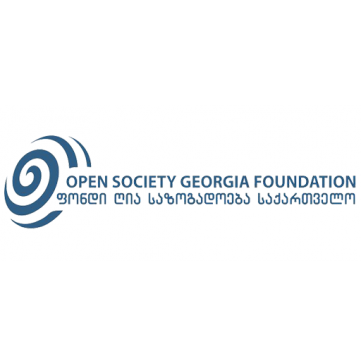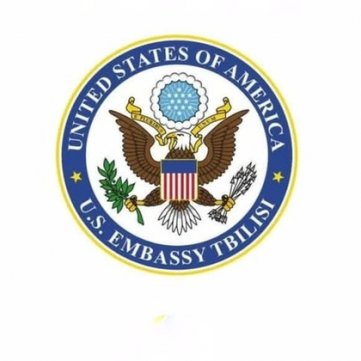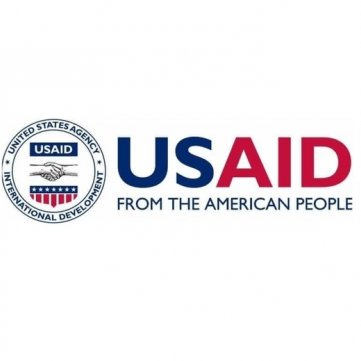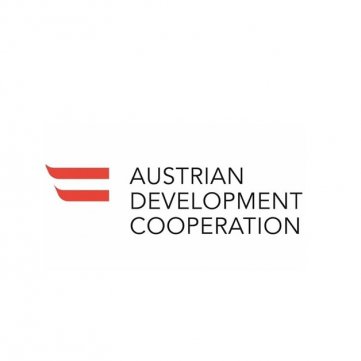How was the CSDC formed?
Recognizing the lack of awareness and sensitivity to the challenges
and problems of homeless children in Georgia, CSDC was founded in
2010 to investigate the reasons why these children and adolescents
found themselves on the streets, identifying and helping them with
their problems. Initially, financial and technical support was
provided by the IREX international NGO, through which the CSDC
began working on the most vulnerable groups and, following an
initial investigation, developed nine recommendations for the
Government of Georgia to improve the condition of street children.
These recommendations included: conducting a survey to determine
the exact number of children living on the streets of Tbilisi,
monitoring childcare facilities, effective monitoring by public
authorities and NGOs, raising public awareness of "street
children", raising awareness to protect and support the rights of
such children. The government took into an account several of the
recommendations, spefically: the children without ID cards were
given temporary licenses, and thus, they are the included in the
official numbers of the population. The control mechanisms have
been improved and it is relatively transparent. The support is
available for campaigns raising public awareness.
Following this initial success, the CSDC expanded its activities outside the regions of Tbilisi and started to work with other issues, too. This time with homeless people with disabilities.
CSDC currently has five permanent staff, many volunteers and support staff on projects, including: journalists, regional and local coordinators, trainers, webmasters. CSDC is led by Nino Todua, who is the president and founder of the organization; Ms. Nino has many years of experience working in the non-governmental sector and holds a Masters Degree in Information Technology and Administrative Systems from the Georgian Technical University.
Since 2010, CSDC has been a member of the Eurasia Television Network, which has assisted organizations and civic activism centers in information and communication technologies.


